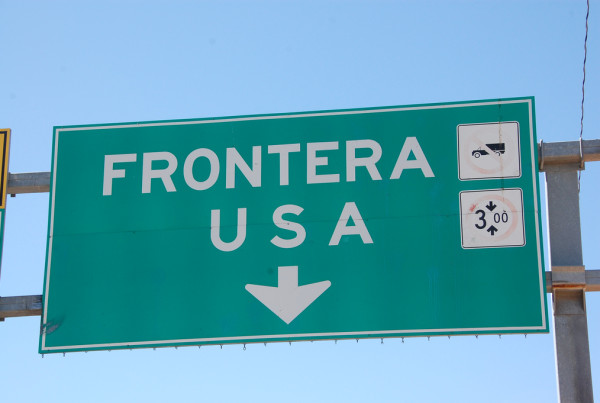
The G20 Summit: Efforts to Cut Off Terrorism at Its Source
There’s no question he slipped into that wave of people with the intent from the very beginning of committing a terrorist act. The terrorist entered France and connected with other migrants who held radical views. Then the plan to commit this crime came into being.
It’s now believed that the Islamic State is changing strategy by spreading its terrorism to countries all over the world. Since October, incidents identified as having Islamic State group participation, including a large-scale terrorist attack in the Turkish capital of Ankara and a downed Russian jet in Egypt among others, provide evidence for that conclusion.
Continuance of this course of events can only invite disruption in the world. Terrorism is not just about causing societal insecurity. It also whittles down human movement and is a cause of instability in the world’s economy.
Can the international community come together to root out terrorism? The G-20 summit taking place in Turkey has become the scene where that question is being tested.
The answer has come in the form of the anti-terrorism declarations announced alongside the usual declarations by leaders at the summit. In order to prevent terrorism, leaders agreed on plans to cut off the Islamic State group’s source of funds as well as the creation of stricter border management to prevent enemy combatant movement.
However, the international community has not by any means built a cooperative coalition. A foreign minister-level meeting held in Vienna had the goal of politically resolving the civil war in Syria, but there was a clash between the American, European and Saudi Arabian side – which worked on assumption that Syrian President Assad would step down – and the Russian and Iranian side – which sought to bolster the Assad regime. This clash exposes the disorder in the overall coalition.
Despite that, the leaders agreed on the establishment of a new government in Syria within half a year and on carrying out free elections under a new constitution within 18 months. The sense of impending crisis created by the terrorist attacks in Paris no doubt hurried along the process toward agreement. This agreement hastens stabilization of Syria, however, this newspaper is not optimistic that the plan will be carried out in the same way it was proposed.
The emergence of the Islamic State group as the source of terrorism and migrant crisis creates chaos in this region. If this issue is not resolved, no matter how many nations push a water’s edge foreign policy, terrorism will never be eradicated. This paper wants the G-20 agreements to be carried out faithfully and wants Japan to also contribute to the stabilization of the Middle East.
Domestic policy in Europe and the United States – regions with many immigrants – is also important. Many immigrants are discriminated against due to cultural friction and a feeling of societal isolation due to unemployment and poverty.
Of course there is no justification for terrorism, but if this "seed of dissatisfaction" is left unchecked, there is a danger that another extremist group will be formed before we even realize it.
It goes without saying that the international community must strengthen its vigilance against terrorism and work toward cooperation in sharing intelligence. Beyond that, rebuilding rift-filled societies is an unyielding path for combating terrorism.


